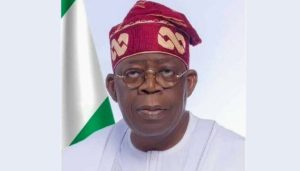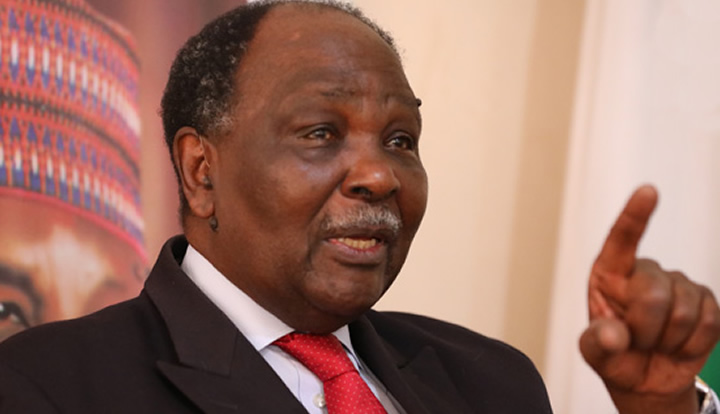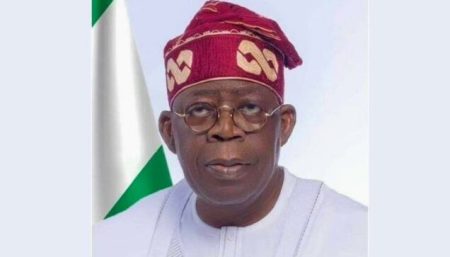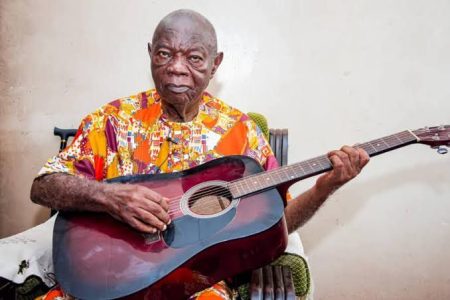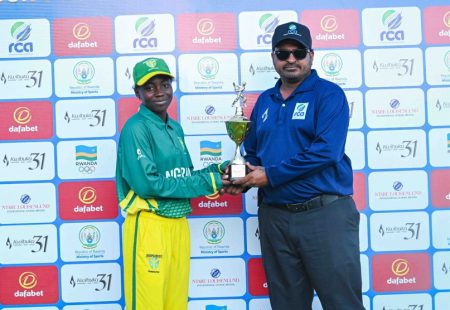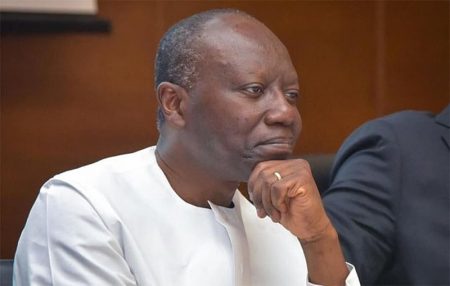General Yakubu Gowon, the former military Head of State who led Nigeria through the tumultuous period of the Biafran Civil War, reflects on the agonizing decisions and profound impact of that era. The war, which raged from 1967 to 1970, remains etched in his memory as the most challenging chapter of his life. He emphasizes that the decision to prosecute the war was not driven by personal animosity or hatred towards any group, but rather by the overriding imperative to preserve the unity and integrity of the nation. It was a burden he carried with a heavy heart, recognizing the devastating consequences of conflict for all involved. This commitment to national unity underscores the complexities of leadership during times of crisis, highlighting the difficult choices leaders must make to safeguard their nations, even when those choices involve immense human cost.
Gowon’s leadership during the civil war was defined by a deep sense of responsibility and a commitment to finding a path towards reconciliation. Despite the immense pressures and challenges of wartime leadership, he consistently sought guidance through prayer and strived to act with integrity and compassion. He believed that decisions made during times of conflict should be guided by principles of fairness, justice, and a genuine concern for the well-being of all citizens, regardless of their ethnicity or religious affiliation. This commitment to principled leadership was a vital aspect of his approach to navigating the complexities of the war and its aftermath.
The experience of leading Nigeria through the civil war profoundly shaped Gowon’s worldview and his approach to leadership. He emerged from that period with a deep appreciation for the importance of forgiveness, reconciliation, and unity in building a strong and cohesive nation. The war served as a stark reminder of the fragility of peace and the devastating consequences of internal conflict. Gowon recognized that true healing and progress could only be achieved through a collective commitment to forgiveness, reconciliation, and a shared vision for the future. This understanding informed his subsequent actions and pronouncements, as he consistently advocated for national unity and reconciliation.
The “no victor, no vanquished” declaration at the end of the Biafran War encapsulates Gowon’s overarching philosophy of reconciliation and national healing. This declaration, though controversial to some, signaled a commitment to moving forward as a unified nation, leaving behind the bitterness and divisions of the war. It represented an attempt to acknowledge the shared suffering of all Nigerians and to pave the way for a future based on mutual respect, understanding, and cooperation. The declaration was a bold statement, reflecting Gowon’s recognition that true peace requires more than just the cessation of hostilities; it demands a fundamental shift in mindsets and a genuine commitment to rebuilding broken relationships.
Gowon’s emphasis on prayer and spiritual guidance highlights the personal dimensions of leadership during times of crisis. He recognized that the burdens of leadership, particularly during wartime, are immense and require seeking strength and wisdom from a higher power. His reliance on prayer reflects his belief that effective leadership requires not only strategic thinking and decisiveness but also humility and a willingness to seek divine guidance. This personal dimension of his leadership adds another layer of complexity to our understanding of his decision-making process and the challenges he faced during the civil war.
The legacy of the Biafran Civil War continues to shape Nigeria’s political and social landscape. While the war itself is a painful chapter in the nation’s history, it also serves as a reminder of the importance of national unity, dialogue, and peaceful conflict resolution. Gowon’s reflections on the war offer valuable insights into the complexities of leadership during times of crisis and the enduring need for reconciliation and understanding. His commitment to national unity, his emphasis on prayer and spiritual guidance, and his unwavering belief in the power of forgiveness are all important lessons that continue to resonate today. The Biafran War remains a stark reminder of the devastating consequences of internal conflict and underscores the vital importance of building a society based on mutual respect, tolerance, and a shared vision for the future.




